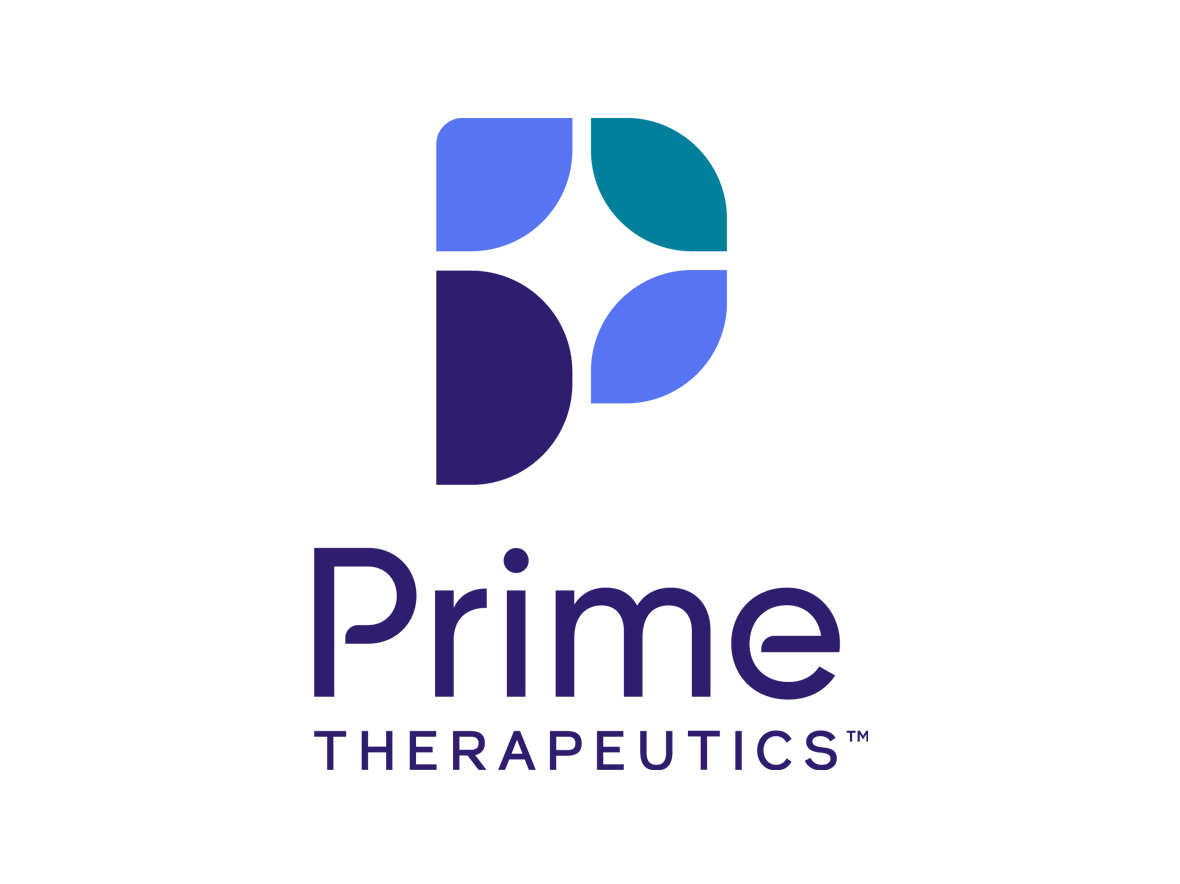AMCP Nexus 2024 in focus: How Prime’s utilization management strategies improve cost savings for immunoglobulin replacement therapy - Prime Therapeutics
AMCP Nexus 2024 in focus: How Prime’s utilization management strategies improve cost savings for immunoglobulin replacement therapy
Lead authors Erin Ventura and Alina Liang share more about the study “Evaluating the 10-Year Impact of an Immunoglobulin Utilization Management and Dose Optimization Program in the Managed Care Setting”

We kick off our coverage on managed care pharmacy insights coming out of Academy of Managed Care Pharmacy (AMCP) Nexus 2024 in Las Vegas, Nevada, with a closer look at the first of Prime Therapeutics’ (Prime) 10 research posters.
Immunoglobulin (Ig) replacement therapy is used to treat a wide range of disease states by providing the body with necessary antibodies to fight infections. Years of continually rising costs and off-label utilization of Ig therapy have posed challenges for patients, providers and payers. To address this, pharmacist outreach in a managed care setting can be leveraged to identify impactful dose optimization (DO) interventions and prevent adverse effects associated with overutilization.
Prime implemented an Ig utilization management (UM) and DO program in 2014 to evaluate opportunities for eligible patients. Over 10 years, program interventions resulted in 435,346 Ig units saved, equating to $15,134,728 in savings for a single health plan. Weight-based dosing interventions accounted for the majority of savings (67%). Additionally, year over year, the average number of Ig units saved and the savings per patient increased by 7% and 9% from 2014 to 2023, respectively, after the implementation of this Ig program in the managed care setting.
I (Alex Cook, part of Prime's newsroom team) caught up with the lead authors of this study, Erin Ventura, manager of clinical pharmacy programs, and Alina Liang, senior clinical project manager, at Prime, to learn more.
Alex Cook: Thanks for taking the time, Erin. Ig therapy can be a very effective treatment for patients with compromised immune systems or immune deficiencies, but it comes at a high monetary cost. So, to find that a single health plan can save more the $15 million through an Ig program is amazing. What surprised you the most about this study and your findings?
Erin Ventura (EV): As a clinical program manager, I was able to see many of the results in real time throughout the life of this program. It is exciting to see the significant impact this program has had and to present these positive results such as the year-over year increase in unit savings and savings per patient, as well as the statistics related to dose optimization recommendations.
Taking a step back, what does a UM program look like in this setting?
Alina Liang (AL): This type of targeted, category-specific clinical program incorporates pharmacist outreach during the UM process to help ensure patients are on clinically appropriate therapeutic regimens and, when necessary, provide recommendations regarding dose optimization to prevent overutilization of Ig therapy, which can lead to increased adverse effects for patients.
What are some of the ways that Prime looks at UM programs differently?
EV: Prime delivers next-generation medical pharmacy solutions and market-leading specialty capabilities built to mitigate rising specialty costs while helping members achieve better outcomes. For example, our team develops customized solutions and targeted, innovative programs to help get members the right specialty treatment at the right time. This requires us to develop specialized resources and insights to manage the layers of complexity that come with specialty medications. Our current offerings incorporate a suite of solutions that help ensure complex and high-cost drugs are prescribed according to evidence-based policies while maintaining high provider satisfaction and reflecting the latest industry developments.
Looking ahead, what are some of the trends that will shape the Ig therapy space in the future?
AL: Ig has historically been and continues to be one of the top 10 categories for medical drug spend across all lines of business. This is a trend that is likely to continue, based on the rising cost of Ig therapies and the wide range of disease states that these products are used to treat. These trends highlight the continued need for Ig programs that evaluate UM and DO opportunities to reduce overutilization of Ig, decrease total spend and help ensure clinically appropriate therapeutic regimens for patients.
This research was recognized with a gold ribbon from AMCP. What does it mean to you to have your research recognized like this?
AL and EV: We are incredibly grateful for the recognition from AMCP and the opportunity to present these findings. Receiving a gold ribbon from AMCP is a testament to the importance of managed care programs that drive impactful outcomes and the dedication of our incredible clinical team who support this Ig program. This research reflects a decade of pharmacist-driven interventions, and we are honored to share these findings at AMCP.
Stay tuned for more AMCP Nexus 2024 in focus content throughout the week in the Prime newsroom. For more information on this research, check out the research poster.
About Prime Therapeutics

Prime Therapeutics LLC (Prime) is a diversified pharmacy solutions organization. We offer innovative pharmacy benefit management, specialty and medical drug management, and state government solutions to millions of people across the country. At Prime, we’re reimagining pharmacy solutions to provide the care we’d want for our loved ones. We challenge the way it’s always been done to develop intelligently designed solutions that deliver savings, simplicity and support to help people achieve better health. For more information, visit us at PrimeTherapeutics.com or follow us on LinkedIn.
